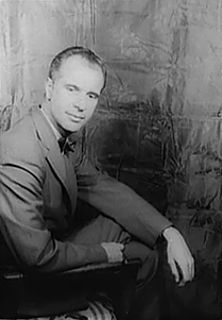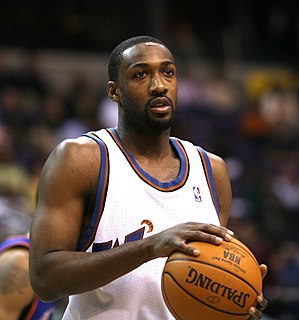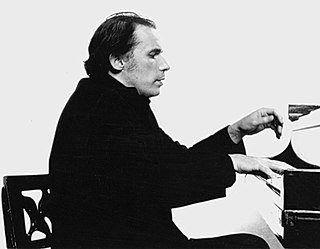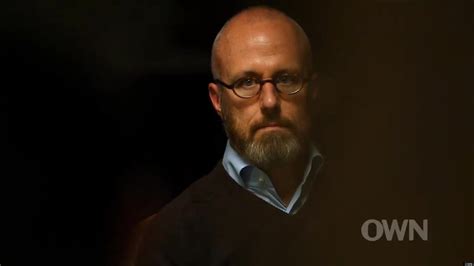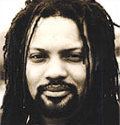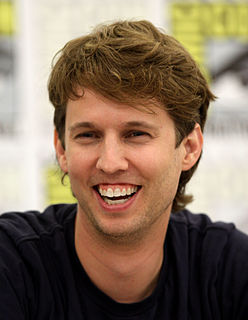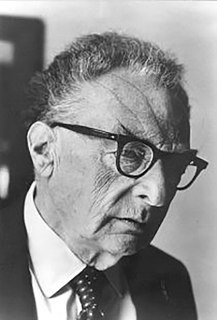A Quote by John Hersey
When the writing is really working, I think there is something like dreaming going on. I don't know how to draw the line between the conscious management of what you're doing and this state. . . . I would say that it's related to daydreaming. When I feel really engaged with a passage, I become so lost in it that I'm unaware of my real surroundings, totally involved in the pictures and sounds that that passage evokes.
Related Quotes
They gave high fives to all the players who say like the most obvious textbook answers in the world. It's like after each game, you already know what they're going to say. If they lost: "Ahh ... Tough loss." It's like, come on, how do you guys fall for that? And if they something that they really feel, everyone goes crazy. Like "Oohh! He's spazzing out!" Now he gotta say sorry for saying something he really felt. It's like, Oh lord.
The instability of our laws is really an immense evil. I think it would be well to provide in our constitutions that there shall always be a twelve-month between the ingross-ing a bill & passing it: that it should then be offered to its passage without changing a word: and that if circum-stances should be thought to require a speedier passage, it should take two thirds of both houses instead of a bare majority.
There wasn't reparative therapy in Corinth. So in this passage I think people came to Christ and experienced a new life in him apart from the therapeutic process. But when it comes to someone pointing to this passage and saying homosexuals changed, well, I'm not sure that's what that passage is referring to.
The art of writing is the art of doing what you think you're doing. This is not as simple as it sounds. It implies a very difficult undertaking: the necessity to think. And it implies the requirement to think out three separate, very hard problems: What is it you want to say? How are you going to say it? Have you really said it?
I would like to play some character that's somewhat dramatic. I don't see myself ever becoming that serious, or it sounds weird, but I don't see myself doing something that's really dramatic but somewhat dramatic. I would like to do something that's more real and doesn't have to be laugh out loud funny. I always like whatever I'm involved in... whether it be funny or whether it be somewhat like... I'm not gonna try to get people to really cry.
Sometimes I will give some very vague directions to the designer that I'm working with on a particular project and they'll come back and surprise me with something that really shows a lot of their own 'hand' in it. Other times I'll have a really clear idea about how I want it done and I'll draw it out pretty precisely and say 'make it look exactly like this' and it will be something where it looks like I can say it was 'fully my design'. The work can also range between the two.
People talk about the difference between working on stage and working on film. I think you could say that there are as many differences between working on low budget films and working on big budget films. You really are doing the same thing, but at the same time you're doing something vastly different as well.
Everything can inspire me. I know that sounds like a cop-out answer, but I find inspiration in literally just about everything. As an actor, I have to watch people and observe their behaviors - this is how I create characters. My daily surroundings feed my work, whether it's something I'm working on right now or it's something down the road. Music, art, landscape - these are all things I draw inspiration from.
I think what I love most [about writing] is that feeling that you really nailed something. Sometimes with a line you feel that it really captured what it is that you had inside you and you got it out for a stranger to read, someone who may never love you or meet you, but he or she is going to get that experience from that line.
The difference between writing where you know where to draw the line and writing where you're being way too mean is whether you can tell that the writer is not talking to family or friends anymore. Generally, if you say something bad about somebody on stage, you need to say two bad things about yourself. A lot of times, I think I'm the worst person in the room.
